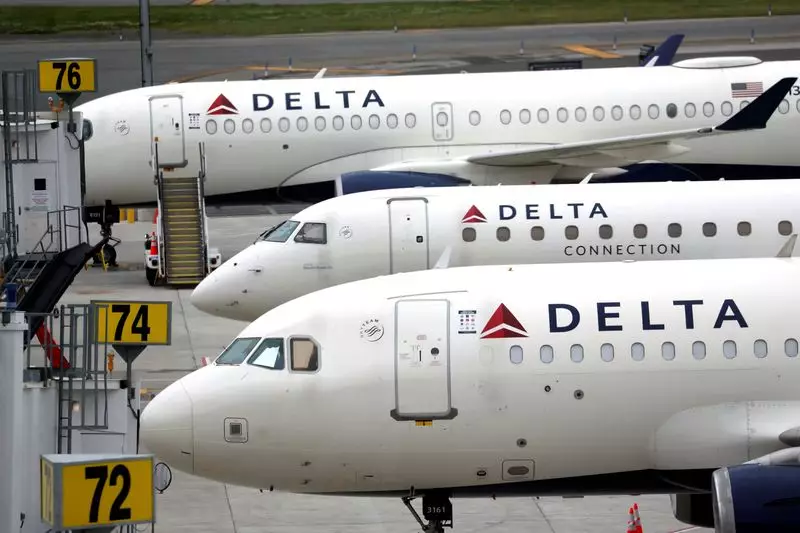In July 2023, Delta Air Lines found itself grappling with a severe crisis that sent shockwaves through the aviation industry. The incident, which was instigated by a problematic software update from cybersecurity firm CrowdStrike, resulted in approximately 7,000 flight cancellations and left around 1.3 million travelers stranded. Delta’s subsequent lawsuit against CrowdStrike, filed in Fulton County, Georgia, underscores the far-reaching implications of technological failures in the modern airline industry, both in terms of immediate operational disruptions and longer-term financial repercussions.
Delta’s legal claim centers around the assertion that CrowdStrike released a “faulty” software update that caused widespread malfunctions across over 8.5 million computers globally. This allegation suggests a dangerous lapse in quality assurance processes within CrowdStrike, which, if substantiated, could have alarming implications for customer trust and cyber risk management practices in the technology sector. Delta is pursuing damages exceeding $500 million, citing not only lost revenues but also substantial costs related to recovery efforts, including legal fees and reputational damage.
CrowdStrike, however, has vehemently disputed Delta’s characterizations, asserting that the airline’s claims are unfounded and indicative of a lack of understanding regarding the complexities of contemporary cybersecurity measures. This defensive position raises questions about accountability and transparency in collaborative relationships between service providers and their clients, particularly in industries as critical as air travel.
This incident is not an isolated occurrence but part of a broader trend where technological reliability is increasingly scrutinized against the backdrop of essential services. The cascading effects of the Delta debacle were not confined merely to the airline; banking systems, healthcare institutions, media outlets, and hotel chains were also adversely impacted. The U.S. Transportation Department has opened an investigation to untangle the web of fallout, emphasizing the need for regulatory bodies to understand the intersections of technology and consumer protection laws going forward.
The incident also begs a larger conversation about the risks associated with digital transformations in businesses. While Delta has invested billions in modernizing its IT infrastructure, as highlighted in the lawsuit, the reliance on external cybersecurity vendors can introduce vulnerabilities. Delta’s experience exemplifies the imperative for companies to maintain a robust internal capability for technology management to prevent dependency on external entities, especially when stakes are as high as in the aviation sector.
Moving forward, both Delta and CrowdStrike must grapple with the repercussions of this incident. For Delta, the immediate priority is restoration of its services and reputation, while keeping future operational disruptions at bay. For CrowdStrike, the challenge lies in rebuilding trust and ensuring robust testing protocols to regain confidence among its clientele. An apology from CrowdStrike’s senior executive highlights a commitment to addressing the failures, yet it also signals the importance of risk mitigation strategies in an increasingly interconnected digital landscape.
As the legal proceedings unfold, the implications of this case may well resonate beyond individual companies and inform best practices within both the aviation and cybersecurity industries. In a world fraught with digital risks, the stakes have never been higher.

